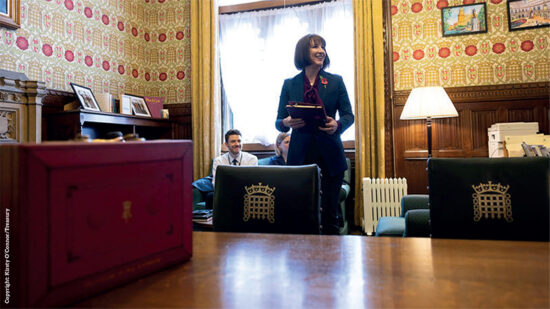Despite the likelihood of anti-EU parties on the right of the political spectrum making big gains across the continent on Sunday night, managers seem relatively unconcerned.
“The European elections are widely expected to show a shift in public opinion towards protest parties such as UKIP in the UK however this should not prevent the more traditional parties from forming a majority, given that those gaining share will not necessarily form alliances at the European level due to their diverse ideologies,” said Martin Harvey, fixed income manager at Threadneedle Investments.
“From a bigger picture perspective, many of the building blocks for a more integrated union have already been put in place over recent years, most recently banking union legislation, and these are unlikely to be derailed by a change in the parliamentary make-up,” Harvey added.
He did note however that over the long-run, European bond investors should be concerned that the population feels ‘increasingly uneasy with the direction of travel’ in European politics, given that much of the prevailing Eurozone ‘crisis-fighting’ ideology requires greater integration.
Mark Hargraves, manager of the AXA Framlington European Fund at AXA Investment Managers was also far from worried that right wing gains in the EU parliament will destabilise markets.
“While the approaching European elections are likely to dominate the headlines over the coming weeks with more extreme fringe parties gaining potentially large shares of the vote, in reality this should be viewed more as a protest vote and hence largely ‘noise’ at this stage," he said.
Hargreaves said investors should spend any time they may have set aside for considering the implications of the elections looking at GDP data instead.
“In our view the more significant development is that the weak first quarter GDP numbers and lower than forecast inflation rates are timely reminders that the debt deflation trap remains a real possibility for Europe, once again raising the prospect of a lost decade,” he said.
SEB’s Carl Hammer said the concern for investors in European markets is not the election result, it is the continued strength of the currency.
“The stronger euro is threatening serious deflation within the EMU and hence ECB monetary policy is likely to switch into a negative support for the euro,” Hammer said. “We believe the GDP and inflation numbers are a timely reminder that the path to Eurozone's recovery remains challenging, with significant risks remaining,” he added.








